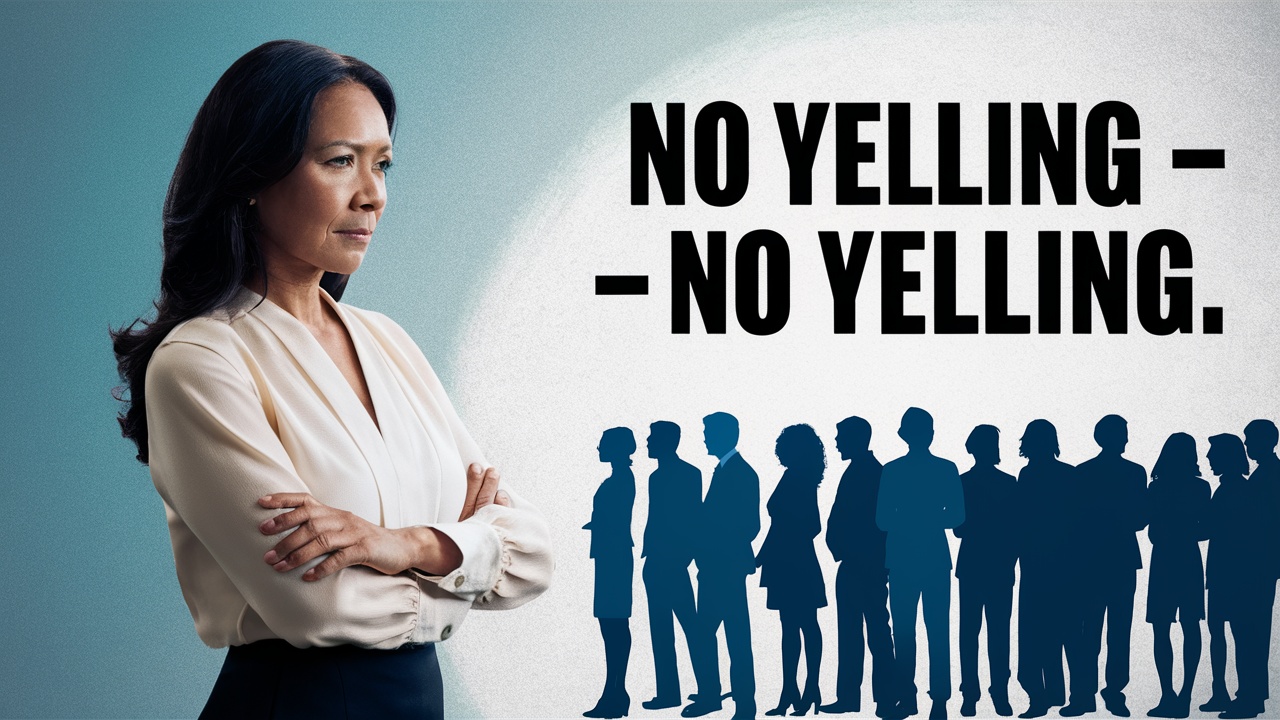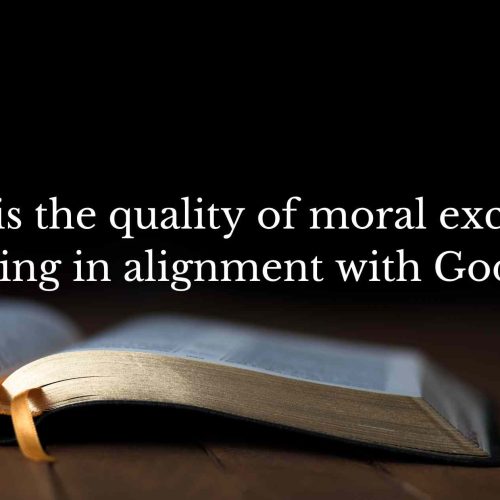Resolving conflicts peacefully is a skill that’s essential for maintaining healthy relationships and overall personal well-being. When we can navigate disagreements in a calm and respectful manner, we build trust, strengthen bonds, and even improve our mental and physical health.
So, why is it that conflicts often escalate into full-blown arguments, leaving us feeling drained and frustrated? One major reason is that we let our emotions get the better of us. We react impulsively, saying things we later regret, and refusing to listen to the other person’s perspective. We also tend to focus on “winning” the argument, rather than finding a mutually beneficial solution. This competitive mindset can lead to defensiveness and aggression, making it even harder to find common ground.
Miscommunication is another common pitfall in conflict resolution. When we’re not hearing each other clearly, or we’re not expressing ourselves effectively, misunderstandings arise, and tensions escalate. Additionally, our own biases and assumptions can lead us to misinterpret the other person’s words and intentions, further fueling the conflict. And let’s be honest, sometimes we just get tired and overwhelmed, and we don’t know how to calm down and respond constructively.
It’s clear that resolving conflicts peacefully requires a different approach. We need strategies that help us stay calm, communicate effectively, and find common ground, even when we disagree.
So, what can we do differently? One powerful strategy is active listening. This means giving the other person our undivided attention and making a genuine effort to understand their perspective. We can do this by maintaining eye contact, nodding to show we’re engaged, and asking open-ended questions to encourage the other person to share more. By truly listening, we can reduce misunderstandings, build trust, and create a safe space for constructive dialogue.
Another strategy is finding common ground. When we focus on our shared goals and values, we can find creative solutions that satisfy both parties. This might mean compromising on certain points, or finding alternative solutions that meet everyone’s needs. By focusing on what unites us, rather than what divides us, we can turn conflicts into opportunities for growth and collaboration.
Using “I” statements is also a game-changer in conflict resolution. Instead of blaming the other person, we express our feelings and needs using “I” statements. This helps to avoid defensiveness and promotes a more constructive conversation. For example, instead of saying “You always do this,” we could say “I feel frustrated when this happens, can we find a way to do it differently?” By owning our emotions and needs, we take responsibility for our part in the conflict, and we open the door to finding a mutually beneficial solution.
I remember a time when I had a major conflict with a close friend. We had very different opinions on a particular issue, and it seemed like we were at an impasse. But instead of giving in to my emotions and reacting impulsively, I took a deep breath, listened to my friend’s perspective, and tried to find common ground. I used “I” statements to express my feelings, and I made a genuine effort to understand where my friend was coming from. It wasn’t easy, but eventually, we found a solution that worked for both of us. Looking back, I realize that staying calm and using these strategies was the key to resolving the conflict peacefully.
In that moment, I learned that staying calm and focused is key to resolving conflicts peacefully. It’s not about avoiding the conflict or sweeping it under the rug; it’s about tackling it head-on, with empathy, respect, and an open mind. When we can do this, we build stronger relationships, and we become more confident in our ability to navigate even the toughest disagreements.
So, to recap, the key strategies for resolving conflicts peacefully are active listening, finding common ground, and using “I” statements. By incorporating these techniques into our daily lives, we can build stronger, more meaningful relationships, and we can become more effective communicators.




